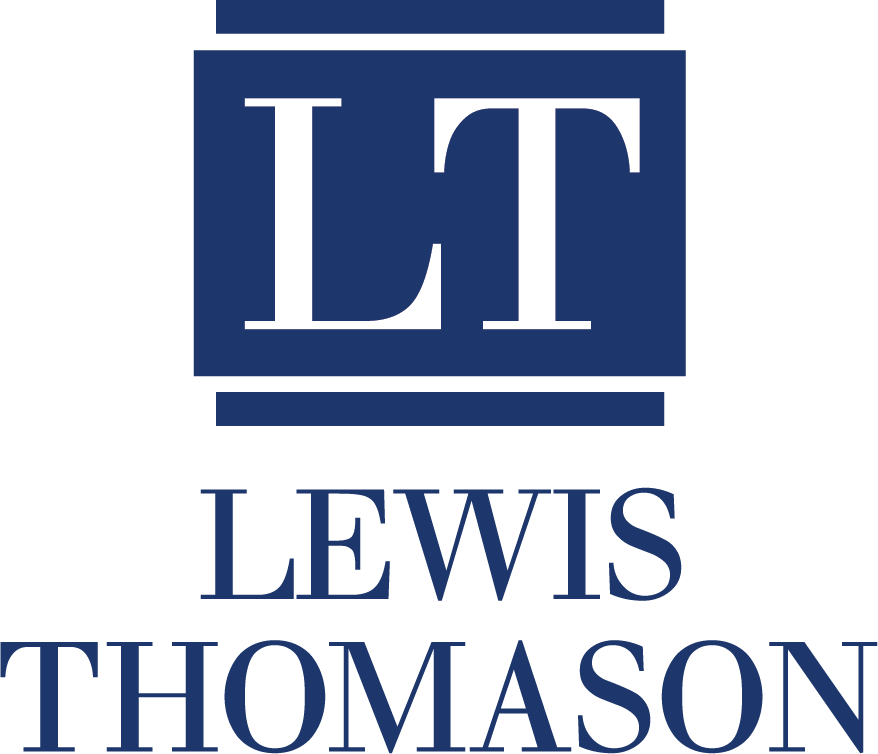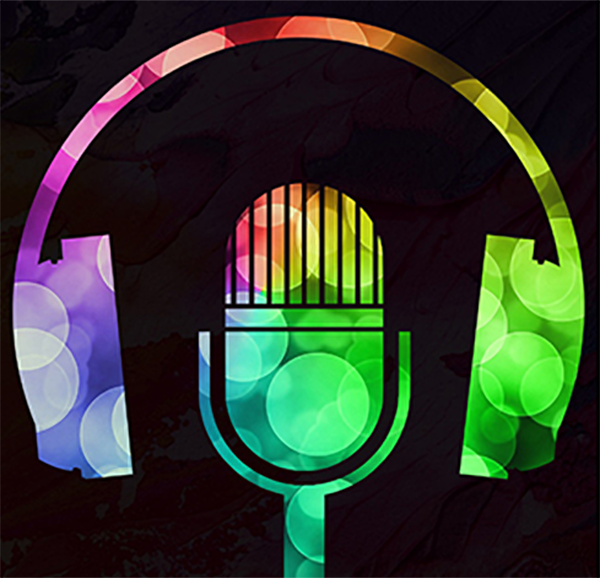“Yeah, I listen to pod-casts,” grumbled Nashville shareholder Randy Bibb as we rode to Chattanooga for a case in the Eastern District of Tennessee during my first week at the firm last fall. “It’s called ‘NPR on my FM radio!’” he gleefully exclaimed. Good one, Randy. Hook, line, and sinker.
According to an old adage, there is a grain of truth in every joke, and Randy’s is no exception. I grew up in a home with parents older than he is, so I listened to a lot of NPR and talk radio in the car as a boy. I would much rather have been listening to the day’s pop hits, if for no other reason than to follow my grade school classmates’ lunchtime conversations. Suffice it to say that, at a very young age, I developed a strong distaste for listening to people talk.
So when the iPod hit the consumer market, I naturally never thought I would be a podcast person, even after my darling wife, then my girlfriend, gave me an iPod for Christmas. I had just moved to the nation’s capital for graduate school, and I had also just discovered Netflix. (Side bar: Discovering Netflix in your first semester of graduate school is probably the worst time to discover Netflix.) Between trade association work during the day, classes at night, and Netflix binges, my attention span was scarce with all the inbound information inputs that surrounded me. Whew, no time for these podcasts that people keep talking about.
But funny things can happen when you join the rat race in one of America’s sprawling concrete jungles. As a suburban commuter, I spent many mornings and evenings with strangers on crowded subway cars, thumbing through a book or listening to music. But no podcasts, thankyouverymuch.
In 2010, I started working in the media relations department of a think tank whose primary product was, well, information. A colleague produced daily podcasts, and my job entailed promoting the think tank’s output to the public. I learned pretty quickly that people are much more likely to click a button and listen to a 15-minute podcast than they are to read a white paper. This is the 21st century, after all. So away I went on at least weekly sojourns, listening to my colleague’s podcasts at my desk, just so I knew what I was selling to the unwashed masses. (There are worse ways to make money—trust me.)
Not until I started consulting did I really become pod-curious. It was late 2011, and I was advising an automobile manufacturer on national brand-positioning strategies. I knew how to take a pulse on what mattered to people and identify hooks to get them talking about what mattered to my clients, but, aside for an affinity for automobiles and knowing my way around a few simple repairs, it dawned on me one day that I had no clue how the industry worked, soup to nuts, to put drivers on the road.
Enter Ira Glass and This American Life, which had produced a story in 2010 on the NUMMI automobile manufacturing plant in Fremont, California. The NUMMI plant was a joint venture between Toyota and General Motors in which Japanese managers came to the United States to train American managers and line workers on industrial systems and processes in automotive manufacturing. To hear Ira Glass tell it, NUMMI saved American automobile manufacturing.
The NUMMI story did not teach me everything there is to know about automobile manufacturing, and how could it? But it did clue me into a new universe of often highly sophisticated subject-matter experts whose information outputs were highly and practically useful to me, strung together by talented producers into bite-sized audio adventures that were long enough to take a probing look at a topic without abusing my stingy attention span.
Thanks to an otherwise useless master’s degree, I am also an amateur economist, and as one is obligated to be when named “George,” I am a naturally curious person. So Freakonomics’ Steven Levitt (a University of Chicago economist) and Stephen Dubner (a veteran finance reporter) caught my attention with their take on the mismatched incentives that home buyers and real estate agents face when approaching the same real estate transaction. And although Google fails me presently, I believe it was Planet Money that reported a fascinating story on the economics of the market for chicken feet. Still, I was not yet hooked on this new soma.
Not until I moved home to Nashville, became a homeowner, and accepted an offer to attend law school in Memphis that circumstances forced me to embrace podcasts. See, the 205 miles between my old neighborhood in West Nashville and my law school apartment in downtown Memphis make up the most boring stretch of I-40 in the United States. Once you get west of the Tennessee River, there are virtually no hills, no scenery, and no stops worth making until you reach exit 80A in Jackson, where you can mercifully grab a Starbucks coffee to perk you up for the final 80-mile mind-numbing slog to Bluff City. My wife and I were not willing to sell our Nashville home, so 3-hour drives between Memphis and Nashville became common.
That’s 3 hours each way. On the most boring stretch of I-40 in America. No books. No movies. No scenery. What was a guy to do? People, including and especially my wife, kept talking about this new podcast, Serial. “What the hell, what else do I have to do?” I thought.
For the uninitiated, have you been living under a rock? But seriously, for the uninitiated, Serial started when Maryland lawyer Rabia Chaudry brought a case file to reporter Sarah Koenig. The case was a murder case, the defendant—who was convicted of the 1999 murder of his high school sweetheart Hae Min Lee—is Rabia’s cousin Adnan Syed, and Rabia was on a rampage to draw attention to Adnan’s case. As an attorney, she knew that several aspects of Adnan’s trial were, to say the least, problematic. I was a 1L and really getting into this law stuff, and I was like a fish that had found water.
Unbeknownst to me, other lawyers, like DC attorney Susan Simpson and University of South Carolina evidence professor Colin Miller, started blogging about Serial as Sarah Koenig trickled out tantalizing episode after tantalizing episode once per week in late 2014. Susan and Colin later joined forces with Rabia to launch the Undisclosed podcast, the first season of which took deeper dives into Adnan’s case than Sarah Koenig did, or could, because Sarah Koenig is a journalist, not a lawyer. I probably learned more about evidence law listening to Undisclosed than I learned from my evidence professor.
Rabia’s gambit worked. Just before Thanksgiving of my 1L year, a Baltimore judge reopened Adan’s petition for post-conviction relief. And just a few months after that, the judge vacated Adnan’s conviction and granted him a new trial, concluding that Adnan had received ineffective assistance of counsel from his trial lawyer. So in addition to having a little bit of everything that gets me out of bed in the morning today, Serial and Undisclosed showed me that podcasts have the power to change lives, if not the world itself.
And now we come full circle to this past week, when the Tennessee Bar Association Young Lawyer’s Division highlighted me in its Attorney Spotlight and showcased a few of my podcast recommendations. In addition to Undisclosed, I recommended Crimetown, which explores corruption in municipal governments, Mogul, which recounts the histories of hip-hop’s most dynamic and controversial personalities, and Make No Law, a podcast about landmark First Amendment cases, delivered by attorney Ken White of Popehat blogging fame.
There are podcasts out there for everyone, not just nerdy lawyers. If you go exploring in iTunes, Spotify, or wherever you get your podcasts, beware that some are crap. But if what crazy people think about Area 51 and the death of Princess Diana piques your curiosity, then Conspiracy Theories may be for you. If easily digestible nuggets about the barbarous days of ice-pick lobotomies to cure hysteria, or the murderous fraudster who turned a Chicago hotel into a secret-passage-laden torture chamber and death trap for unsuspecting traveling salesmen, then Lore is calling your name. And if you need a good ol’ fashioned dose of Nashville or the foothills of the Great Smoky Mountains of Tennessee, then Cocaine & Rhinestones and Dolly Parton’s America will do your soul some good while possibly making you feel a bit uneasy about your nostalgia.
I appreciate the YLD featuring me in their Attorney Spotlight because I officially went over the hill in July, and being mentioned in a newsletter for and about young lawyers helped me forget, if only for a fleeting moment, that I am now on the wrong side of the lifespan bell curve. But if this old Luddite can stop worrying and learn to love the podcast, then so can you. And I hope podcasts bring you all the joy and entertainment that they bring me.




